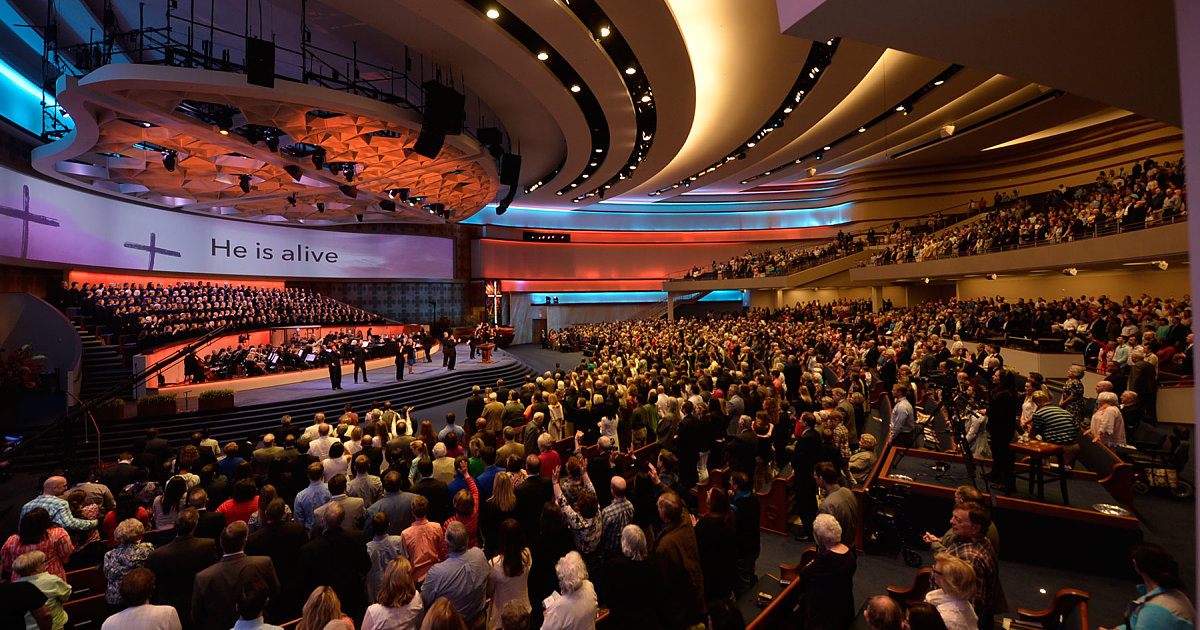As evangelicalism has grown increasingly fragmented in recent years (or at least, as more articles get written saying it is), the labels to organize the different types of evangelicals have grown accordingly. We have emerging evangelicals, social justice evangelicals, the “young, restless, Reformed,” and just the “younger evangelicals.”
Brett McCracken has single-handedly added a new category to wrestle with: hipster Christians. It is a credit to his work that he has generated as much conversation that he has, but there has been more heat than light in the responses to his now (in?)famous Wall Street Journal piece on the subject.
With that in mind, I invited Brett to answer a few questions about what precisely hipster Christianity is, and whether anything from it is worth keeping around. His book, which I blurbed, is worth reading in full, as it is more nuanced and balanced than some have presented it.
Me: The fact that “hipster” is somewhat of a technical term seems to get lost on a lot of people. What does it mean to be a hipster?
Login to read more
Sign in or create a free account to access Subscriber-only content.
